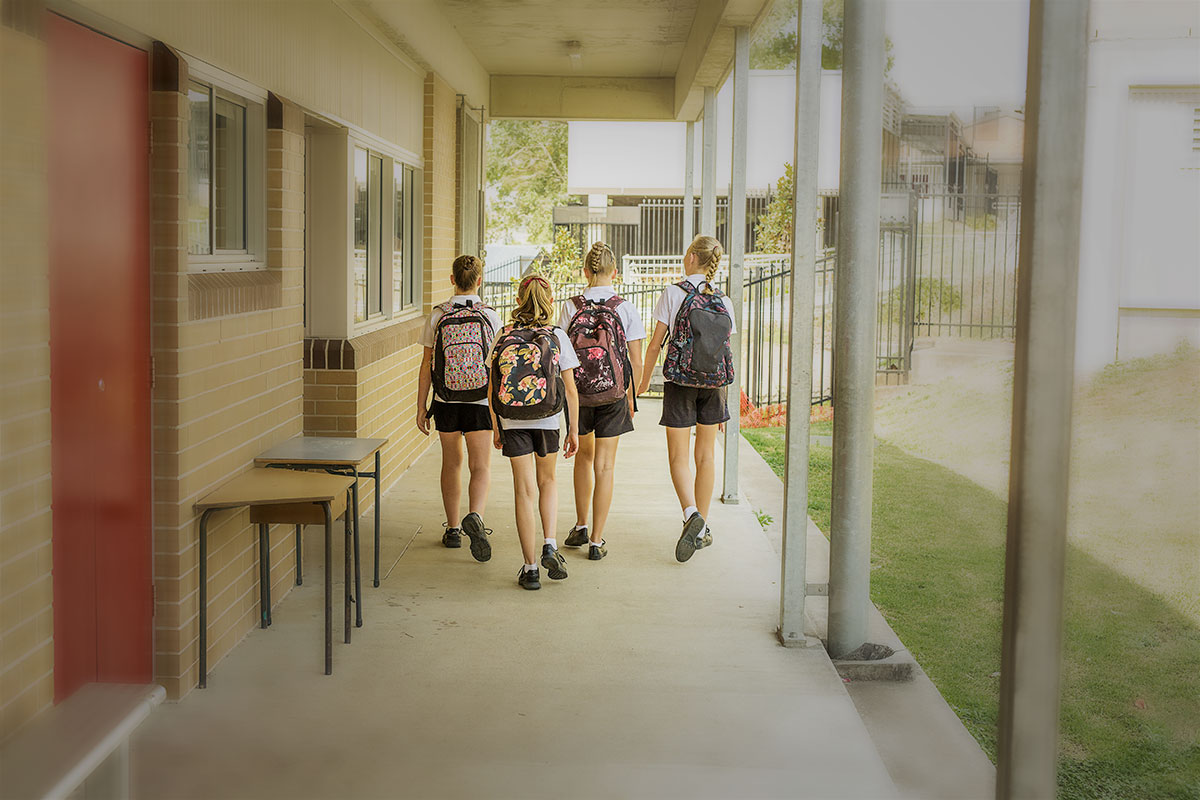
Schools Action overdue on school funding

Public schools have yet again been denied urgently needed funds, with the decision by state and federal education ministers in January to extend the current National Schools Reform Agreement (NSRA) for another 12 months to the end of 2024 while funding arrangements are reviewed. With public schools under greater pressure than ever to meet the needs of their students, the AEU and public education advocates have denounced this decision as a betrayal by the incoming federal Labor government.
Far from providing adequate funding for all Australian children, the existing NSRA has been used as a vehicle to deliver deep inequality in student outcomes, exacerbating teacher workloads, contributing to workforce shortages, and eroding student and teacher wellbeing.
The current funding arrangements leave public schools well below the minimum Schooling Resource Standard (SRS) as set out in the federal legislation. A report by economist Adam Rorris last year revealed that public schools remain underfunded by almost $6.5 billion – or around $1,800 per student – below their required SRS levels each year. This now means a whole generation of children have experienced their entire schooling without the full funds needed to meet their educational and welfare needs. In a wealthy country like Australia, this is unacceptable – and Labor has a responsibility to fix it.
“We have a cohort of students in Year 12 this year who have never attended a fully funded public school.”
Federal Minister for Education Jason Clare repeated Labor’s 2022 election promise on 29 March when announcing the membership and terms of reference for an expert panel to advise on the best way to achieve fair education funding. The AEU has welcomed the Albanese government’s commitment to consulting with the teaching profession as an essential part of the process, but is pressing the urgency for fairer funding.
“We need to see a clear timeline and pathway to delivery of full funding for every public school and for the students in public school classrooms as soon as possible,” said AEU Federal president Correna Haythorpe.
“As the Minister says, funding and what you do with it is absolutely critical. But so are the timelines for investment.
“If Australian public schools had 100% of their fair funding level, students from every background would benefit from smaller class sizes, additional teachers and more resources.
“As we said when the government announced the review process late last year, funding delayed is funding denied. We have a cohort of students in Year 12 this year who have never attended a fully funded public school.”
The lack of adequate funding for public schools undermines the vocation of teachers, principals, and education support staff.
The privatisation agenda of consecutive Coalition governments saw support for public schools capped by the federal government while the proportion of education funding handed to non-government schools reached unprecedented levels through a combination of greater public funding and special deals. Australia has become a world leader in supplying taxpayers’ money to private, fee-charging schools.
With every Victorian public school now funded well below the SRS, and all private schools funded at or above the minimum standard, the pathway to equity is clear. No government can continue to justify a situation in which the system that caters for the vast bulk of children with the highest educational and welfare needs is given the least amount of support to provide that education.
AEU members join the profession because they are committed to empowerment through education. They elect to work in public schools because that is where they can make the biggest difference. The lack of adequate funding for public schools undermines that dedication – and our teachers, principals, and education support staff are suffering as a result. For too long, they have been forced to make up the shortfall through unsustainable workloads and the purchase of classroom supplies from their own pockets. Overwork is a major contributing factor in the current staffing crisis, with a new Black Dog Institute survey confirming that almost half of all school teachers are considering leaving the profession within the next year.
The latest Productivity Commission Report on Government Services shows that Victoria’s public schools are the second-lowest funded in the nation. Each Victorian public school student received $893 less than the national average from the Victorian and federal governments, or over $575 million in 2020–2021. Families are being called on to make increasing contributions for education essentials.
Both the Victorian and federal Labor governments have pledged to establish a pathway to delivering 100% of the Schooling Resource Standard to all Australia’s public schools. The AEU is calling on the government to deliver on this commitment through the next funding agreement. This would mean more teachers and ES able to give students greater individual attention, more support for students with additional needs, and improved facilities so that every student can thrive at school.



